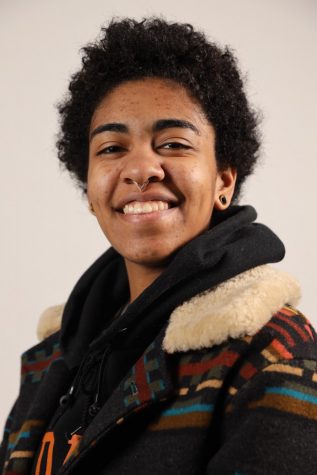Everyone’s on steroids — at least that is the common assumption about most MMA fighters. It’s just a matter of knowing a guy who has that newest developments that can’t be pointed out in the test.
As news got around that not every fighter is tested for EPOs, you can’t help but wonder which athletes are getting by under the radar.
The Ultimate Fighting Championship became one of the first major sports leagues to have its athletes’ drug tests done by a third-party agency, when signing a contract with United States Anti-Doping Agency back in 2015.
The UFC president, Dana White, signed the deal with USADA in hopes that they could clean out the sport and “even the playing field.” Fighters that would try to game the system would be properly penalized and the story of athletes taking “tainted supplement” would be silenced.
After working with the agency for nearly four years, there has been little to no decrease in the number of athletes who were flagged for taking banned substances. White and Jeff Novitzky, the UFC’s Vice President of Athlete Health and Performance have been heavily criticized since signing with USADA, especially within the last couple of years.
Current light-heavyweight champion Jon Jones’ test was consistently flagged for picograms of different steroids and he is still sanctioned to fight.
When Former bantamweight champion TJ Dillashaw was popped for EPOs after his loss against flyweight and bantamweight champion Henry Cejudo, the MMA community turned its nose and questioned the credibility of the agency since in all of Dillashaw’s previous fights he tested negative for banned substances.
The event that really caused USADA to start digging their own grave, was when the news got out that top fight contender Nate Diaz had adverse findings in a pre-fight drug test. Diaz who has no problem when it comes to calling out any and every fighter on the roster for cheating, took insult on USADA’s findings. Before the UFC could make a public announcement, Diaz made claims that the flagging of his tests was done intentionally.
Almost 24 hours after the failed test, USADA retracted their statement, stating that the findings were from tainted supplements. The quick turnaround left many fighters surprised, some fighters have had to wait nearly a year to have their cases fully investigated all while being unable to compete and paying legal fees through the entire investigation.
After years of mistakes and frustrated fighters, if the UFC isn’t willing to give up USADA then it’s time to rewrite some of their policies and practices. Not a fight goes by without a fighter being falsely accused and fined for a banned substance that no one knows where they came from. The agency needs to take some responsibility when mistakes are made and needs to not pick favorites in order to push an event.








